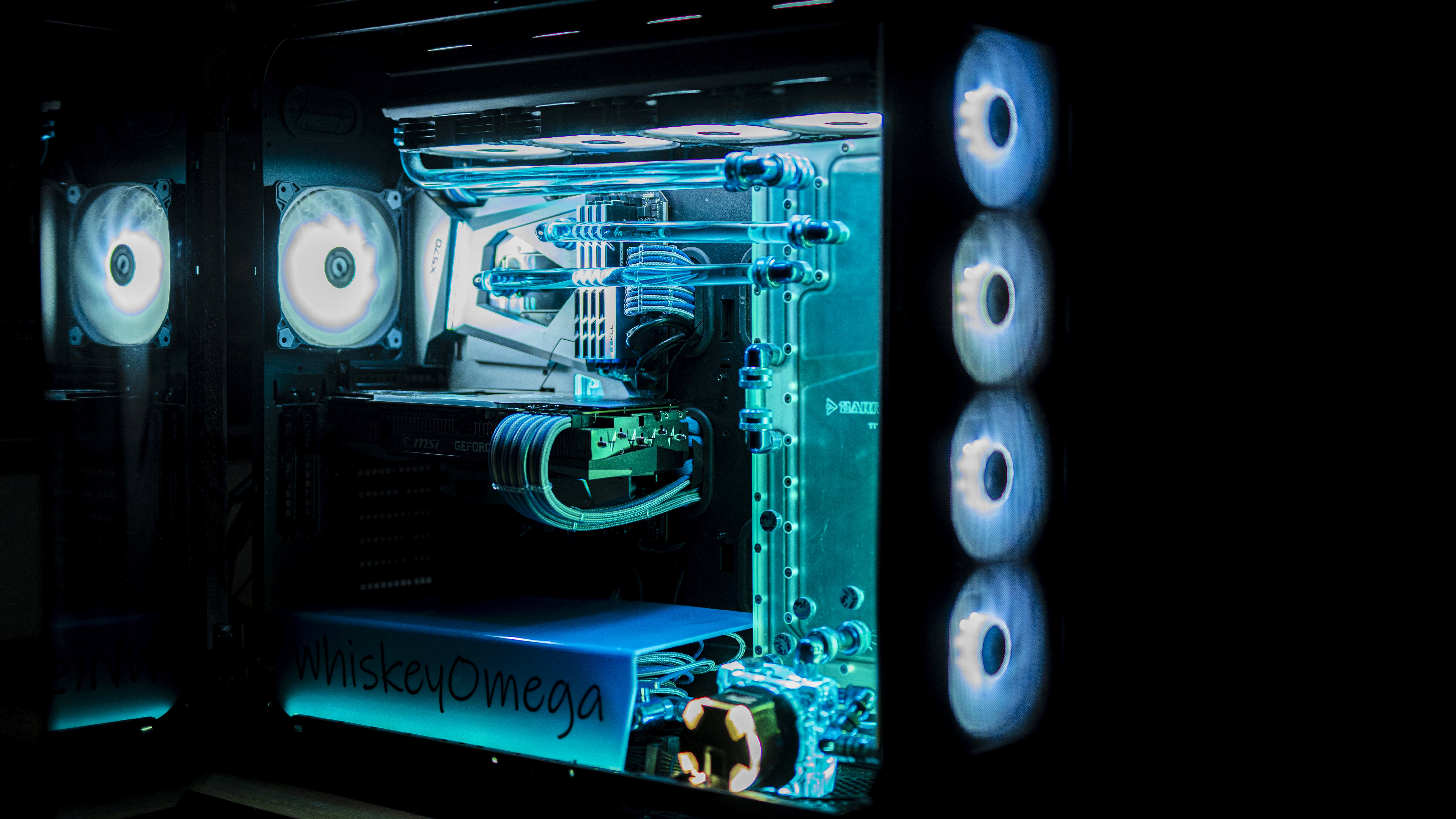AMD’s Radeon boss has talked about the RDNA 3 GPU power efficiency, 12VHPWR on Radeon RX 7000 GPUs & ray tracing capabilities.
The interview is very detailed and we would like you to visit Club386 and read the full thing here but some interesting comments were made regarding a few aspects of the RDNA 3 “Radeon RX 7000” GPU family and what we can expect in the coming generation.
Back when AMD was in the process of launching its RDNA 3 GPU architecture, the company promised a monumental +54% increase in power efficiency vs. RDNA 2 GPUs through the use of chiplets and other changes. However, the launch saw little gains in the efficiency department, all the while NVIDIA took their efficiency to a whole new level with the Ada GPU architecture. Scott says that AMD believes in offering good performance per watt across their GPU lineup & that it matters more on the notebook front. So far, AMD has only introduced its non-chiplet Navi 33 to laptops.



What I want is better rasterization performance per dollar.
“Ray tracing” is a silly gimmick that contributes almost nothing and halves your frame rate. DLSS/FSR is upscaling, and upscaling is for consoles. To hell with them both.
I say “ray tracing” in scare quotes because what AMD and NVIDIA call “ray tracing” is nothing like the full-scene path tracing used in CGI movies. That is absolutely awesome, but it’s far too slow to do in real time.
Also, I’ve heard a lot of complaints from CUDA programmers that AMD GPUs are pretty much useless for anything other than graphics, and NVIDIA is basically the only GPGPU game in town. I don’t know the details, but AMD should probably work on whatever the problem is.
NVIDIA GPUs are definitely the go-to these days, but the world’s most powerful supercomputer is using AMD GPUs. I wouldn’t be surprised if AMD picks up speed (though they probably won’t beat or meet NVIDIA). NVIDIA got started way sooner, so the fact AMD is behind is only natural.